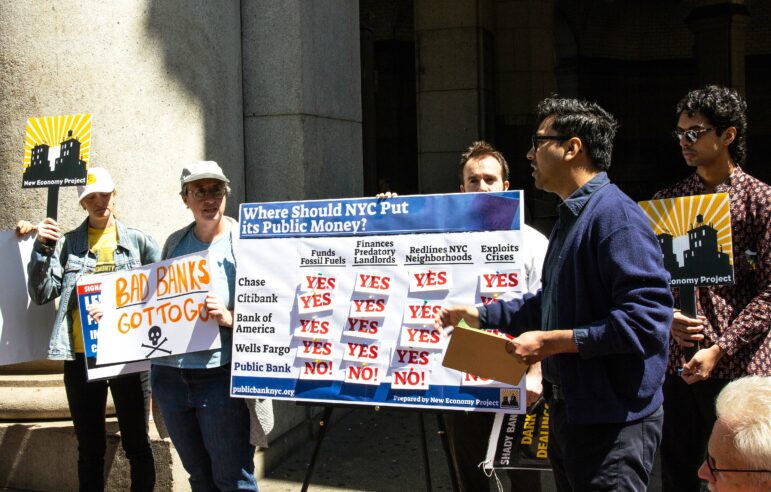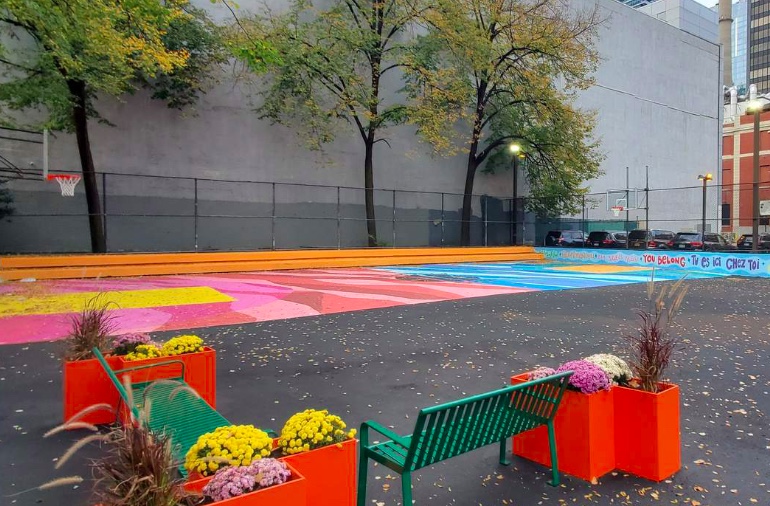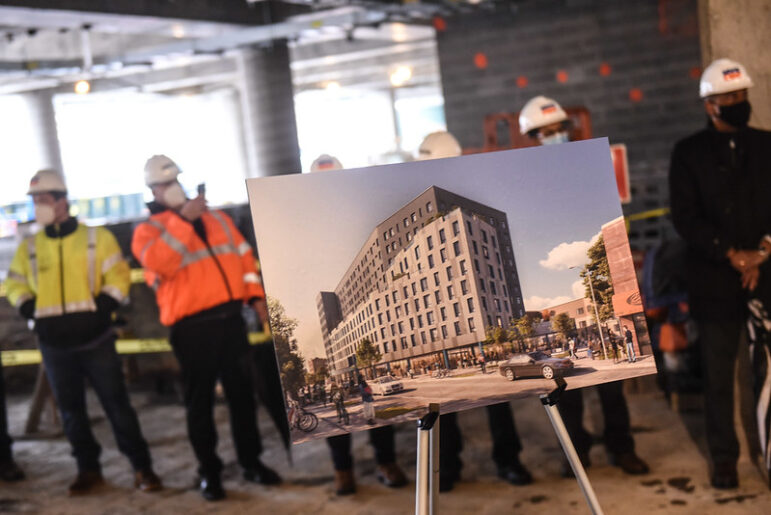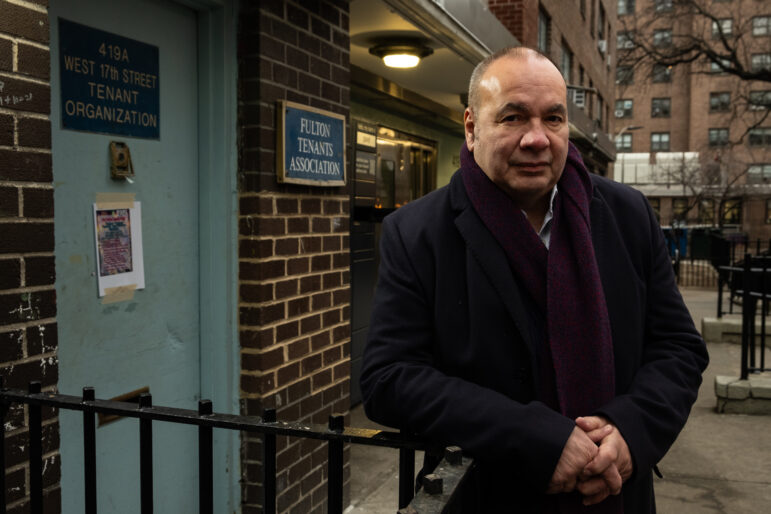A plan from the city Department of Homeless Services (DHS) to temporarily bar from the shelter system homeless families who refuse permanent housing was put on hold last Thursday, when State Supreme Court Judge Helen Freedman delayed any decisions on the proposal until at least October 31. Because of ongoing litigation between the city and the Legal Aid Society, the court must approve changes in policy affecting homeless families.
But anticipating the worst, child welfare advocates and agencies had held an emergency meeting last Wednesday to establish a game plan for lobbying the city against the proposal. They still fear that the Demonstration Project, as DHS is calling it, will result in removing children permanently from their parents.
To avoid putting kids out on the street, the city’s program calls for placing homeless children in foster homes for 30 days when their parents are removed from the shelter system. Families would be booted from the system for a month if they consistently miss appointments to see apartments or refuse to move into an apartment that is the appropriate size for the family and meets federal housing codes. Current law allows children to stay in these short-term foster homes, called respite care, for up to 21 days, but last week the state granted the city a waiver to increase that to 30 days.
“I am concerned about anything that begins to treat homelessness as a form of child abuse,” said Luis Medina, executive director of St. Christopher Inc., a foster care agency. “I don’t think that separating children from the person that they love is a viable solution” to the housing crunch.
It is unclear where the city would place the children at the end of the 30-day period, should the parents still not have an apartment. A January 2000 ruling from Judge Elliot Wilk prohibits the city from placing children in foster care simply because their family is homeless.
Noting that numerous children already languish in foster care because their parents cannot find a place to live, Edith Holzer of the Council of Family and Child Caring Agencies, which represents 135 nonprofit child welfare organizations throughout the state, said, “We all know there is a dearth of housing.”
Other child welfare advocates worry that filling the city’s 113 respite care beds with homeless children may push other needy children out of the respite care system. The Administration for Children’s Services (ACS) started the service in 2000 in an attempt to avert foster care placements. According to ACS, however, only 20 percent of those beds are currently occupied.
Homeless Services Commissioner Linda Gibbs, formerly an assistant commissioner for ACS, told the City Council general welfare committee last week that she does not expect many, if any, families to actually be sanctioned, particularly since there are five layers of review before that could happen: a case would go before the shelter operator, then a DHS manager, a DHS assistant commissioner and the DHS legal department. After all that, the client can ask for a fair hearing to refute the claims in court.
This program is really about creating incentives, she said. Right now, she said, “There is not a strong sense of urgency” among homeless families to find housing.
Legal Aid attorney Steve Banks, who has been fighting the city’s homeless policies in court for years, disagrees, attributing families’ inability to find apartments to bureaucratic snafus among city agencies. “Families are not being moved out because of lack of sufficient staffing” at the city agencies, he charged.
Citing a recommendation that he says former mayor Ed Koch made to him on Thursday morning, Banks suggests the city order families into apartments instead of to foster care or the streets.








